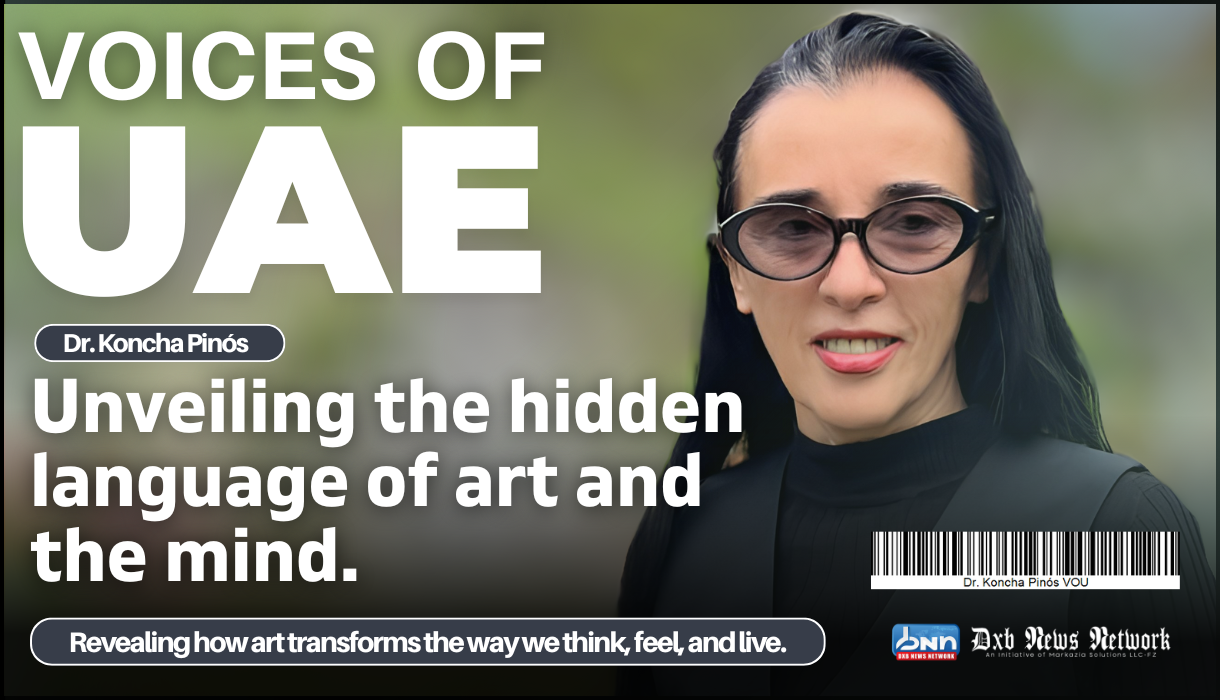
Post by : Aaryan Singh
In an era when human attention is fragmented, and technology often pulls us further from ourselves, there are thinkers and visionaries who remind us of deeper truths. Among them is Dr. Koncha Pinós, a senior researcher and academic recognized internationally for her pioneering work in neuroaesthetics — the study of how art, beauty, and aesthetic experiences shape the brain, perception, and consciousness.
Her journey has been anything but conventional. From walking as a child through Granada’s Alhambra to studying the synesthetic genius of Picasso and the mystical architecture of Gaudí, to exploring sacred waters in Tibet and China, her life has been a continuous dialogue between art and consciousness. Today, as the director of The Wellbeing Planet — an organization spanning 49 countries — she stands at the crossroads of science and philosophy, tradition and innovation, asking bold questions about the role of art, nature, and phenomenology in the future of humanity.
Dr. Pinós recalls her earliest inspirations with striking clarity. As a child in Granada, she wandered through the Alhambra and the gardens of the Generalife — spaces where geometry, mathematics, water, and architecture came together in harmony. Even at a young age, she sensed that these places were not mere decoration. They were alive with meaning. “They were geometries, mathematics, and also forms of consciousness that could transform everyone who entered them,” she reflects. “From very early on, I understood that art was not decoration, but a living language between the visible and the invisible.” This childhood intuition became the seed of her lifelong mission: to explore art as a threshold, a point where perception itself becomes transformation.
Her academic and research journey led her to two towering figures of Spanish culture: Pablo Picasso and Antoni Gaudí. Both men left indelible imprints on her understanding of art and consciousness. Picasso fascinated her with his neurodiverse brilliance — a mind capable of reinventing itself constantly, breaking forms and reassembling them into entirely new styles. “Picasso is, in my eyes, an architect of the mind,” she says, admiring his ability to fracture and reform perception itself. Gaudí, on the other hand, represents to her an unfathomable mysticism, inseparable from Barcelona, the city where she lived for many years. His architecture was not merely functional but contemplative, a collective creation supported by many hands. “Gaudí is an architect of consciousness,” she explains. Where Picasso dismantled and reconstructed mental frameworks, Gaudí anticipated civil and religious architecture that resonated with a spiritual depth far ahead of its time. Together, these two figures embody the bridge she continues to walk between art and consciousness — one working through the mind, the other through spirit.
One of her most revealing moments of research occurred in Casa Batlló, one of Gaudí’s most celebrated buildings in Barcelona. Unlike most researchers, she wasn’t just studying the flow of tourists but the transformations happening within them. Visitors’ breathing slowed, their movements synchronized, and even the silence inside seemed to shift in quality. These weren’t accidents. They were measurable physiological changes. “The building itself acted as a catalyst for consciousness,” she recalls. “Art was not only about what we see, but about how it changes us.” It was proof that architecture, when infused with meaning, could expand the human mind and create shared fields of experience.
To those outside academia, neuroaesthetics might sound abstract. But Dr. Pinós insists it is deeply practical and rooted in everyday life. “It’s what happens when you hear a song that gives you goosebumps, when a painting makes you stop and breathe differently, or when a beautiful space calms you instantly,” she explains. Our nervous system is constantly responding to our surroundings — to colors, shapes, textures, and sounds. These responses can lower stress, sharpen clarity, and even make us kinder. Neuroaesthetics, then, is not luxury; it is necessity. Beauty, she argues, is a biological and emotional need, one that directly shapes the quality of our lives.
For Dr. Pinós, science and philosophy are not opposites but complements. Science gives rigor, structure, and measurement, while philosophy asks about meaning, purpose, and ethics. “I see them as two wings of the same bird,” she says. “One gives us the power to investigate, the other the vision to interpret. Without both, we cannot really take flight.” Her research is a continuous weaving of these perspectives. Standing before a Picasso canvas, the scientist in her observes how form and color affect attention. But the philosopher asks what these effects reveal about beauty, transcendence, and our search for meaning.
Her project with Colombian painter Duván López explored how art inspired by jungles and forests resonates with human cognition. Viewers experienced reactions far beyond aesthetic appreciation: awe, fear, tenderness, and a sense of belonging. “The jungle became a mirror where visitors recognized their own emotional landscapes,” she explains. “Cognition is not just rational; it is ecological. Our minds are shaped by forests, rivers, and animals — even when we are far from them.” This insight deepened her conviction that biophilia — our innate bond with nature — is essential to human flourishing.
Perhaps her most intriguing research is her exploration of water as a carrier of memory and consciousness. Inspired by traditions from the Qur’an to Taoist philosophy, she began to study water not just as matter but as a medium of perception. Collaborating with the Masaru Emoto Institute in Tokyo, she discovered that water exposed to art formed intricate crystalline patterns, as though translating aesthetics into its own geometry. Water, she argues, may be far more than a physical element. It could be an archive of imprints — of emotions, prayers, and vibrations. “If water holds imprints of what it encounters,” she explains, “then memory is not only personal or genetic, but planetary. We live inside a vast aqueous archive where nothing is ever completely lost.” Her studies of sacred lakes in Tibet and China confirmed this idea: water is not only a physical reservoir but also a cultural and spiritual archive, shaping how consciousness itself is experienced.
Another cornerstone of her work is the study of fractal patterns in nature and art. Inspired by Leonardo da Vinci, she sees fractals not just as mathematical structures but as the grammar of life itself. “They are written simultaneously in the micro and the macro — in leaves, rivers, galaxies, and even our veins and neurons,” she says. When we encounter fractals, we resonate with the codes that sustain life. This recognition is why fractals reduce stress, restore attention, and evoke spiritual awe. “They whisper to us that we belong to a greater order,” she adds.
Living in the UAE has given her both belonging and inspiration. She describes the country as a place where tradition and innovation coexist, where silence and speed, heritage and futurism continuously interact. “For me, the UAE is one of the few places where the idea of the ‘future of consciousness’ is not abstract — it is embodied,” she says. The contrasts of the land, from desert dunes to futuristic cities, offer her a unique space to study how consciousness adapts and transforms. The UAE’s leadership, she believes, has made art and culture central not as ornament but as identity — ensuring the region plays a pivotal role in shaping the global future of wellbeing, sustainability, and consciousness.
As director of The Wellbeing Planet, Dr. Pinós has overseen its expansion into 49 countries with more than 2.5 million participants. What she values most is not the scale but the coherence of its mission: rooted in science, consciousness, and accessibility. “We have ensured that 95% of our students — many of whom would not normally have access to such education — could participate,” she says. Independence from external funding has also allowed the organization to remain true to its values of integrity and autonomy. For her, each student and each project is a seed. The true achievement lies in creating a global ecosystem where science and consciousness grow together.
Asked if art can heal societies, she does not hesitate: yes. For her, art unites truth, beauty, and goodness. It transforms not only individuals but collective life. She points to ancient Greece, where tragedy and sculpture were tools of healing, and to today’s UAE, where museums and cultural projects foster spaces of dialogue and belonging. “Art can heal by reorienting collective life,” she insists. “It becomes one of humanity’s most powerful medicines.”
After decades of global research and teaching, Dr. Pinós defines her mission with poetic clarity: to build bridges and tunnels — bridges toward new fields of knowledge and tunnels into the depths of consciousness. “I believe we are all part of consciousness, moving through different levels and states,” she says. “My work is to remind people of that and to create conditions where they can resonate as highly as possible, without losing their traditions or their shared future.” Her message to young researchers and artists is equally powerful: be brave, be coherent, and be patient. “Protect your integrity,” she advises. “Choose partners aligned with your values. Each seed you plant may grow into a forest you cannot yet see.”
As she continues to explore new frontiers of neuroaesthetics, from non-local consciousness to applied design for cities, healthcare, and schools, Dr. Pinós sees the UAE as a fertile ground for groundbreaking projects. Her work reminds us that art is not luxury but necessity, not decoration but transformation.
Ultimately, her voice carries a message both timeless and urgent: art is a bridge to consciousness, and consciousness is the key to human flourishing. Together, they can help us build a world where wellbeing is not measured by consumption but by creation, not by speed but by coherence, not by fragmentation but by belonging.
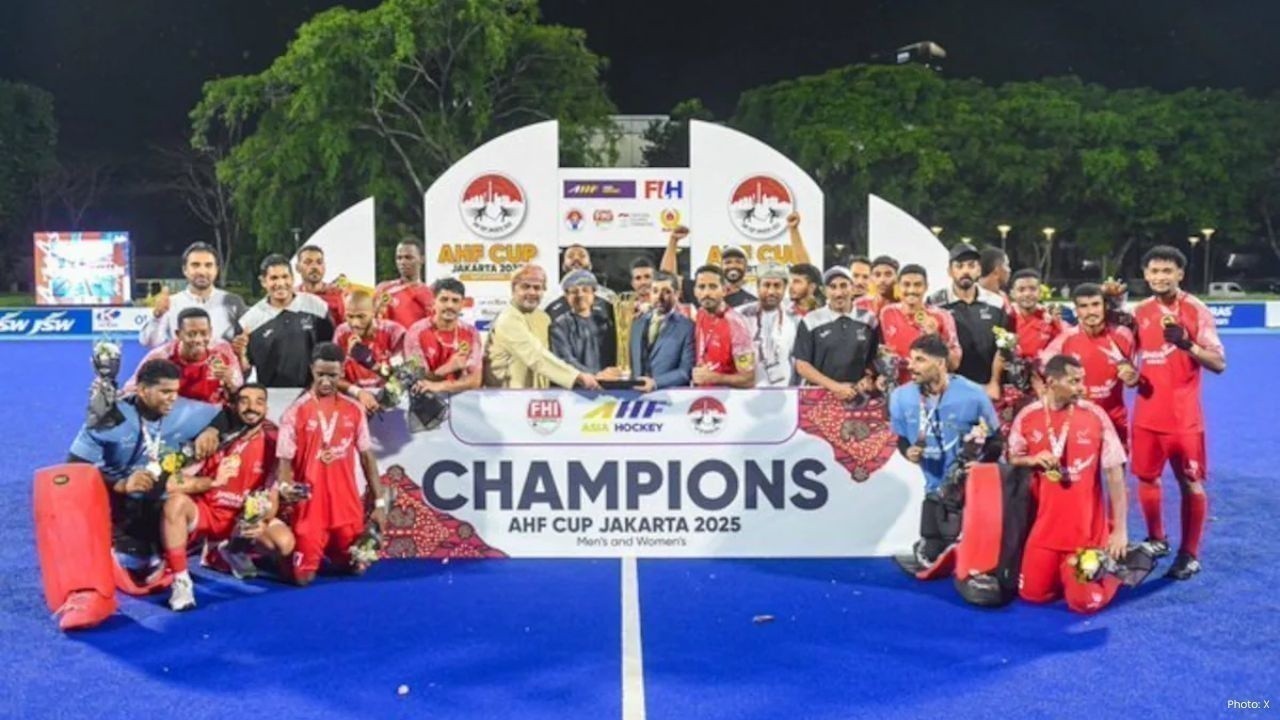
Oman Replaces Pakistan in Men’s Junior Hockey World Cup
Oman will replace Pakistan in the 2025 Men’s Junior Hockey World Cup in Tamil Nadu after Pakistan wi
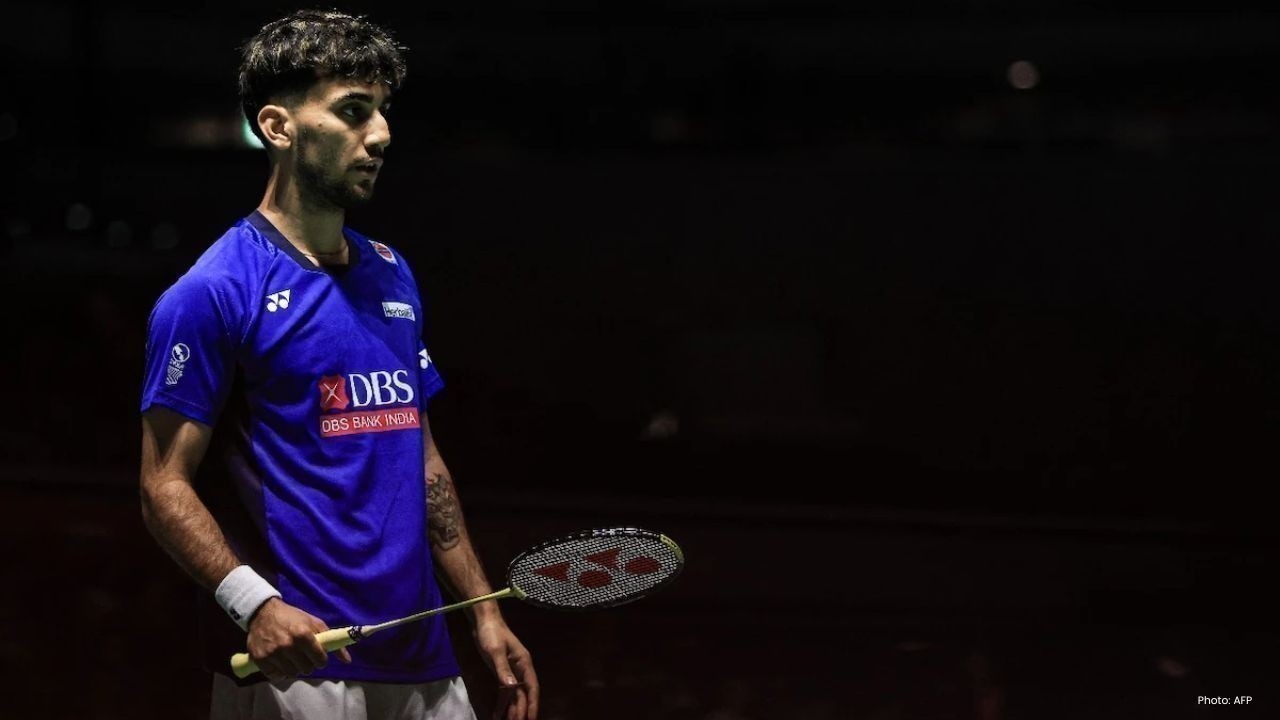
Lakshya Sen Reaches Hylo Open Pre-Quarters After Big Win
Lakshya Sen defeated France’s fifth seed Christo Popov in straight games to reach the Hylo Open pre-
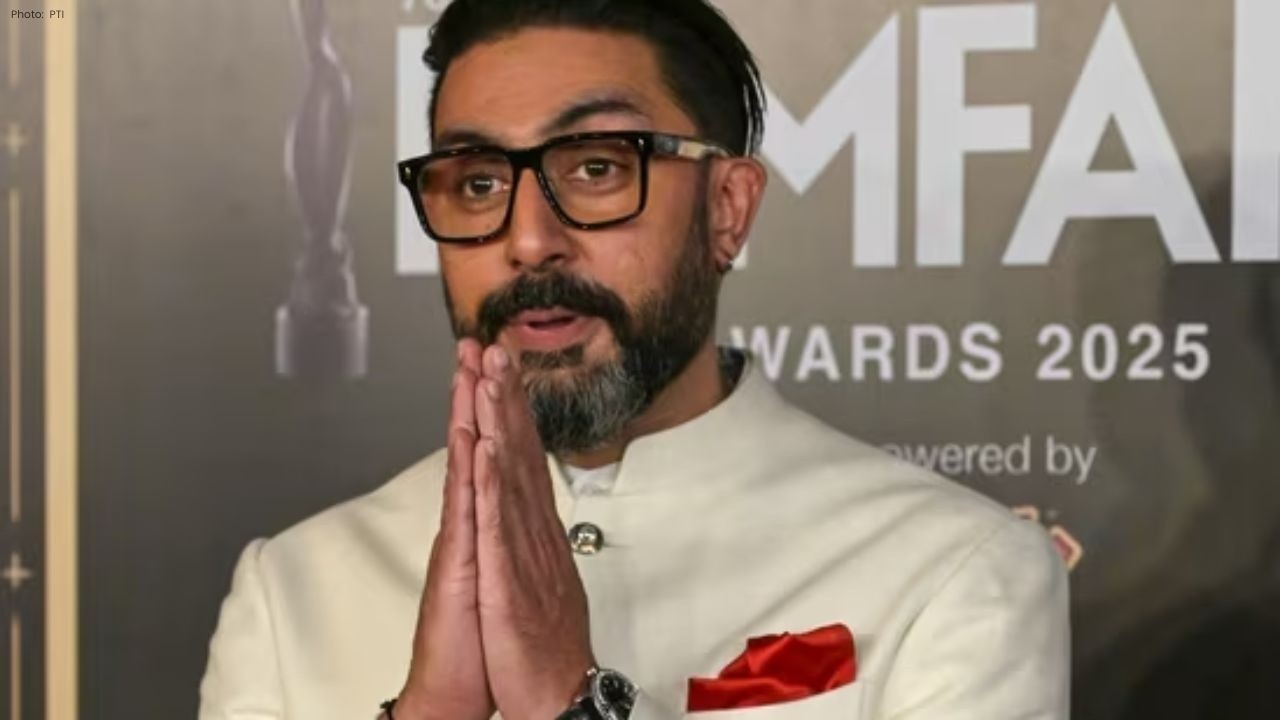
Abhishek Bachchan hits back at Filmfare award allegations
Abhishek Bachchan firmly denied accusations of buying awards or using PR, saying his success comes f
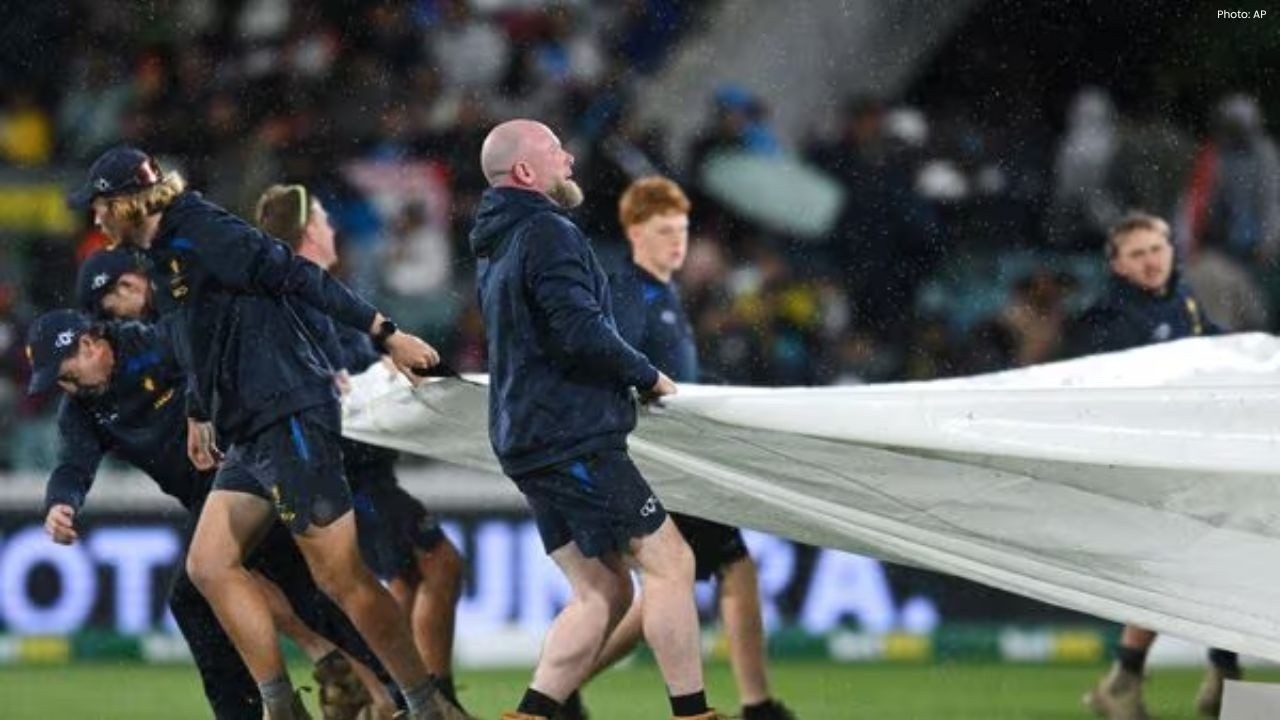
Rain Washes Out India-Australia T20 Series Opener in Canberra
The opening T20 match between India and Australia in Canberra ended early due to heavy rain, leaving
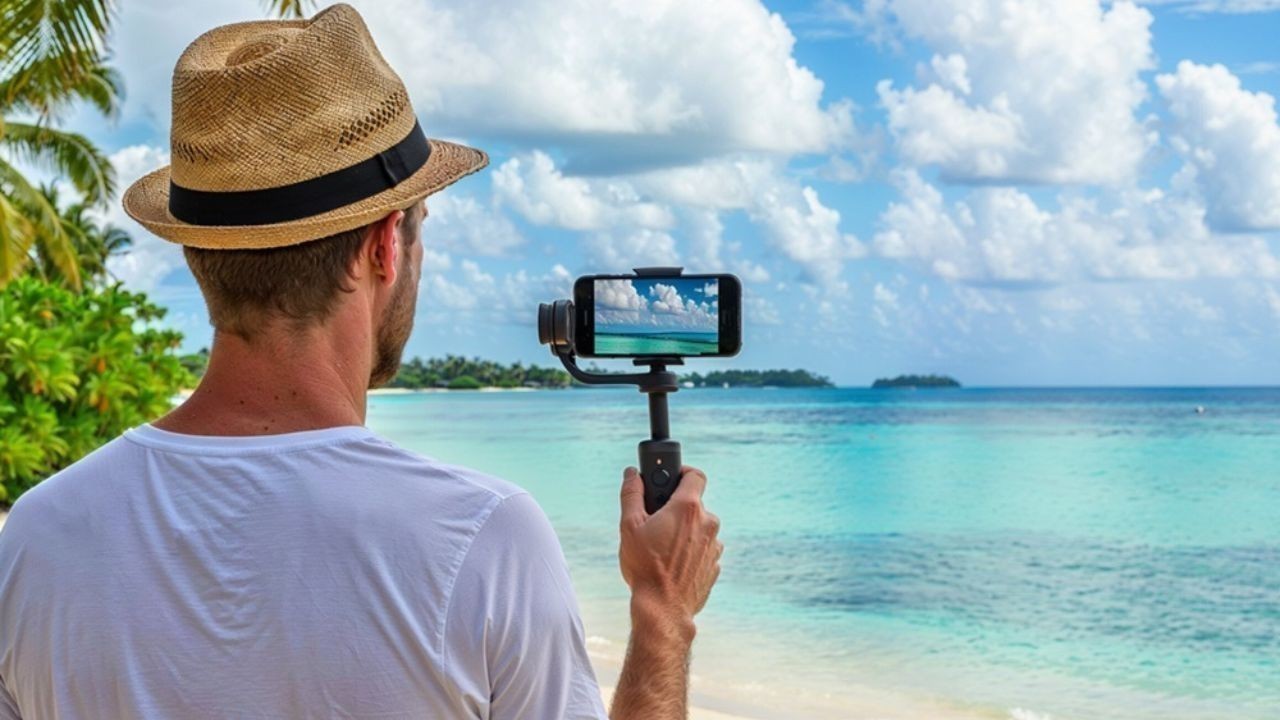
DAMAC Launches Global Search for Ultimate Islander
DAMAC invites adventurers worldwide to apply for a once-in-a-lifetime role as “The Ultimate DAMAC Is
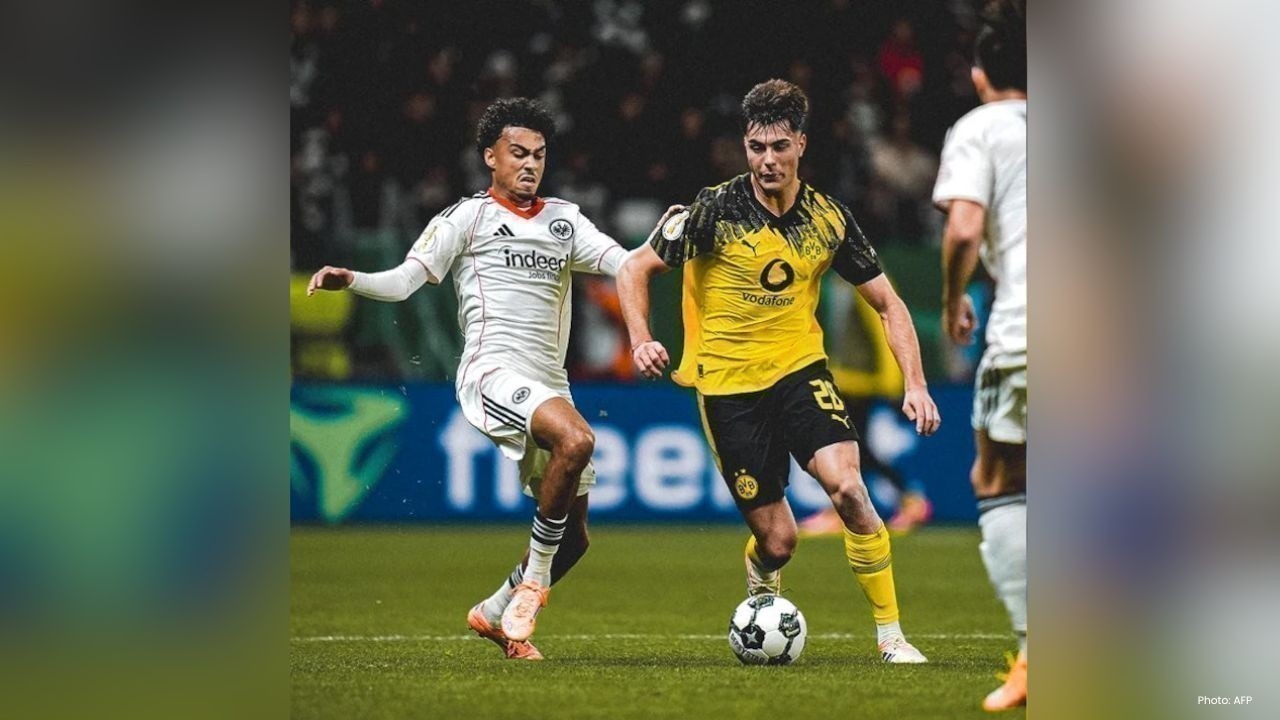
Dortmund Beat Frankfurt in Penalty Shootout to Reach Last 16
Borussia Dortmund defeated Eintracht Frankfurt 4-2 on penalties after a 1-1 draw, advancing to the G

Babyshop Unveils Paris-Inspired Autumn/Winter 2025 Line
Babyshop Arabia launches its AW’25 collection in Paris, uniting cozy comfort, refined design, and ti

Rain Washes Out India-Australia T20 Series Opener in Canberra
The opening T20 match between India and Australia in Canberra ended early due to heavy rain, leaving

Dortmund Beat Frankfurt in Penalty Shootout to Reach Last 16
Borussia Dortmund defeated Eintracht Frankfurt 4-2 on penalties after a 1-1 draw, advancing to the G

Suryakumar, Gill Lead Before Rain Ends Canberra T20 Early
The first T20 between India and Australia in Canberra ended in a washout after strong starts from Su

Juventus Set to Appoint Luciano Spalletti as New Coach
Juventus is expected to announce Luciano Spalletti as its new coach after Igor Tudor’s dismissal, ma
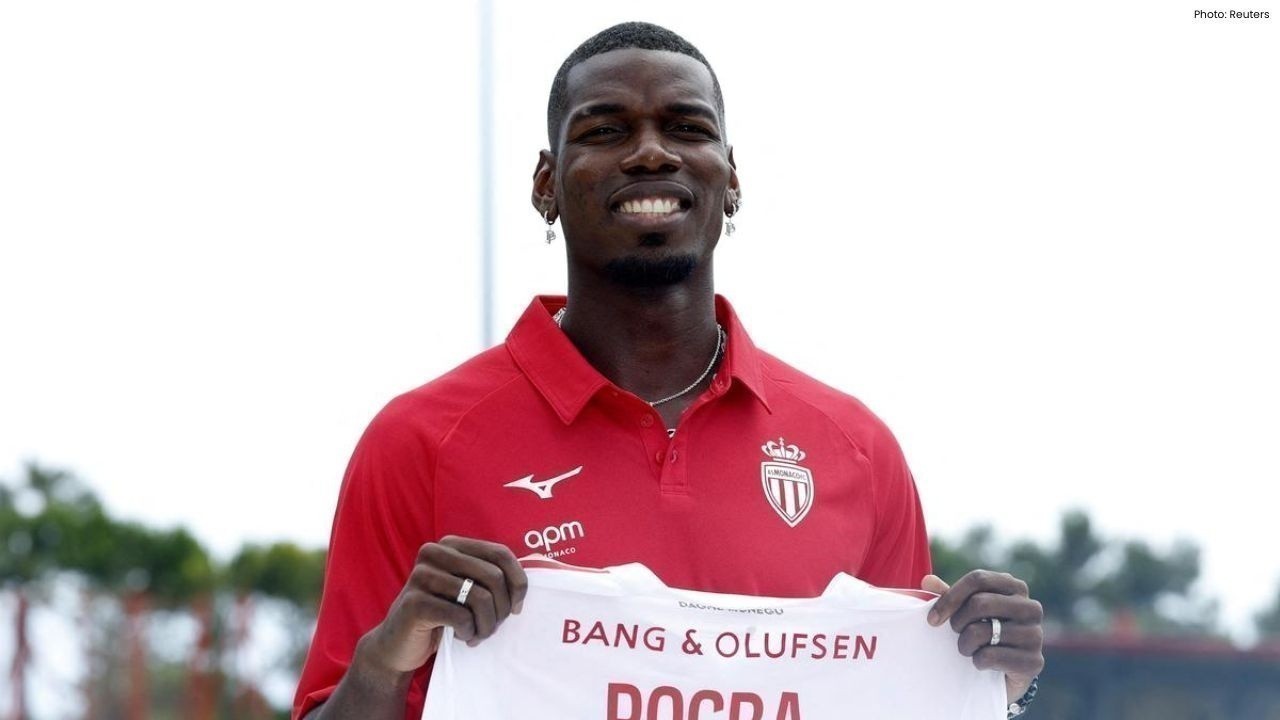
Pogba Set to Return for AS Monaco After Long Suspension
Paul Pogba is close to making his AS Monaco debut after his doping ban was reduced to 18 months, wit
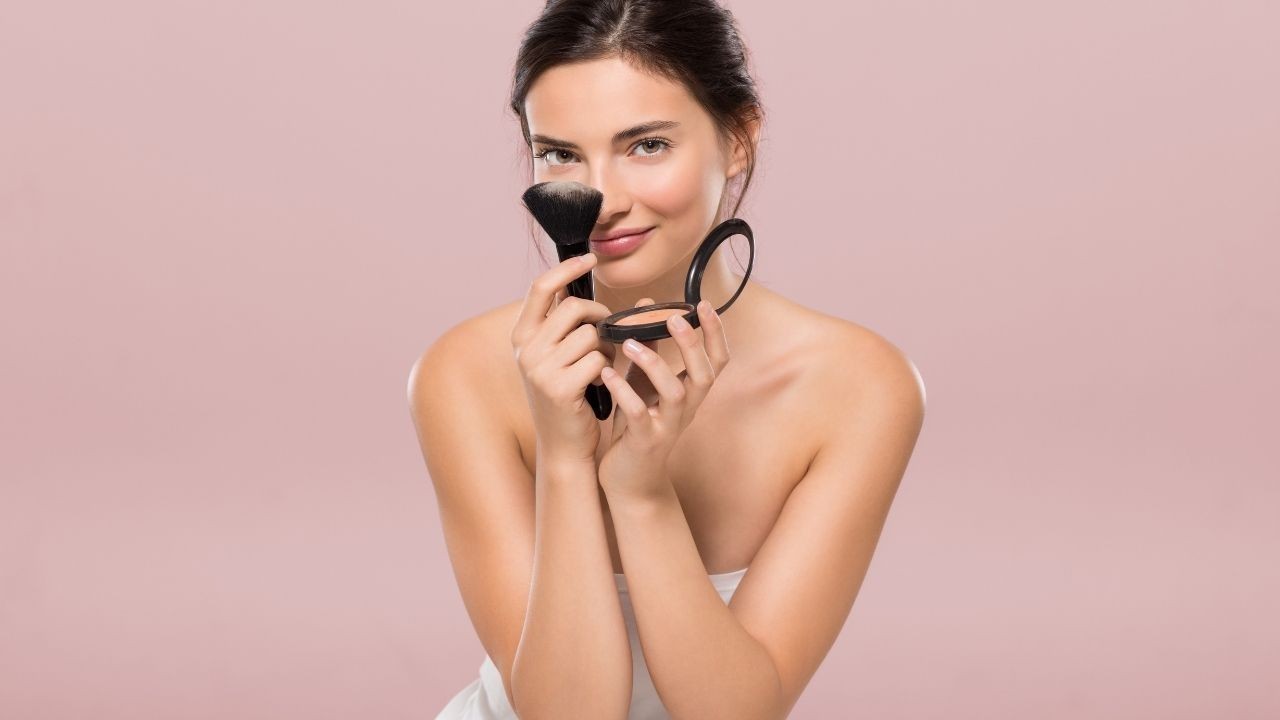
No Makeup Makeup Look Step by Step Guide to Effortless Natural Beauty
Learn the secret to a glowing natural look with our no makeup makeup guide simple steps for effortl

UAE Archers Compete in West Asia Championship in Doha
Seventeen UAE archers, led by Federation President Hanadi Al Kabouri, are competing in the 2nd West

Nicolas Mahut Ends Remarkable Tennis Career at Paris Masters
French tennis legend Nicolas Mahut retires after a 25-year career, remembered for his epic 2010 Wimb